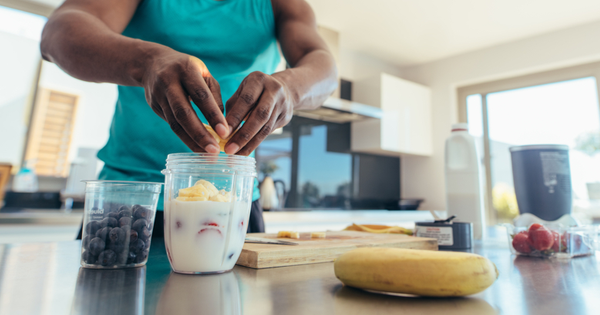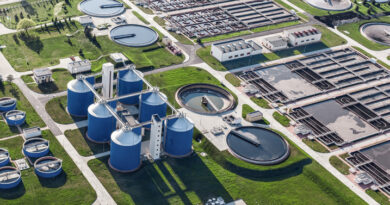Eating Guidelines for Athletes in Sport
Food type and eating habits are crucial to athletes’ health and performance. Check out this site if you want to get a professionally written health-related article. The level of physical engagement, timelines for training and playing, and recovery periods are essential in guiding an athlete’s eating diary. So what to eat, when and how are the critical questions every athlete has to face.
Athlete Eating Guidelines for A Better Health and Productivity
Most athletes who have gone professional have hired nutritionist courtesy of the clubs they play for or personally hired if it’s an individual sport. But hiring food professionals or not, athletes have to know and master a critical eating regime to be of sound health and perform at optimum. Here are the essential guidelines.
- For excellence, eat more. For peak performance, an athlete doesn’t need to eat a specific diet. Having the correct types and quantities of food incorporated into the fitness schedule becomes paramount. Different age-groups of athletes will require a different set of nutritional volumes to fit into their energy demands beyond just the sports. Take care of the reduction of carbs in your diet as an improper application may hinder muscle development, susceptibility to injuries, and general performance.
- Athlete dieting. Based on the type of sport involved in or the athlete’s age group, dieting can be recommended or not. Teens require more energy, and therefore dieting is not the best idea. Athletes who are into sports where weight is a critical aspect in a game like wrestling, watching weight becomes essential, and, therefore, the recommendation to diet. Always seek the input of a health professional when it’s vital to reduce weight and create a schedule to reduce weight.
- Need for eating an array of food types. Carbohydrates are essential sources of energy before physical exertion, but you need to concentrate on other nutritive aspects like vitamins, proteins, and minerals for long-term good health. Don’t just load on carbs.
- Vital vitamins and muscular minerals. Different mineral elements and vitamins are critical for separate body functions to ensure health and productivity. Iron oxygenates and builds blood while calcium strengthens the bones. Pick foods rich in such minerals, such as lean meat, fish, or poultry, which is abundant in iron and eat the right quantities based on your age. The same applies to other nutrients as well.
- Power of protein. Protein is essential for the development of muscles and keeps lean, but too much consumption can harm your body by causing dehydration, kidney problems, and calcium loss, among many others. It’s crucial to pick the right sources of protein from food that don’t have lots of fat.
- Carb charge. Carbohydrates are a perfect source of energy, and going on a low-carb diet isn’t healthy unless you are overweight. The choice of carb-source is also essential. Avoid sugary sources and concentrate on sources that can provide other nutrients as well. Fruits, grains, and vegetables offer the best platform for obtaining carbs. They ensure long-lasting energy levels, unlike sugary sources, which can give you an energy burst and dissipate just as quickly before completion of your training.
- Fat fuel. Specific quantities of fat intake for athletes every day is essential – particularly healthy unsaturated fat found in seeds or vegetable oils. Fats offer long-lasting energy levels compared to carbs as carbs get burned first before fats. However, pick the right time to eat healthy fat as fats reduce the rates of digestion.
- Avoid supplements. Different types of supplements pose separate levels of risk, and therefore athletes need to avoid them altogether. Anabolic steroids mess the compositions of body hormones with dangerous side effects. It involves both less and hazardous supplements such as salt tablets to serious ones such as DHEA.
- Constantly rehydrate. Dehydration is not healthy for athletes as it can lead to migraines, overheating, and exhaustion, which causes a drop in performance. Physical exertion, environmental temperature, size, and age influences the levels and frequency of rehydration. The rehydration frequency recommendation for athletes stands at 15-20 minutes or when thirsty during exercise. But don’t drink too much, and neither should you wait till you yearn for water.
Conclusion
Eating right is a critical aspect of an athlete’s performance and health. Importantly, knowing why it’s essential will keep you in check.




